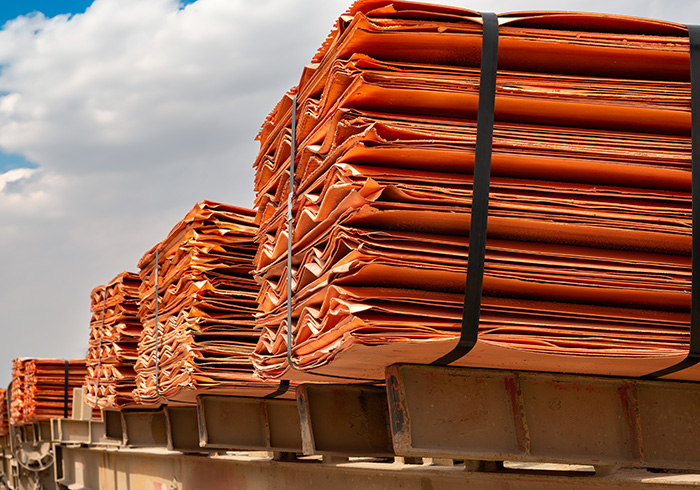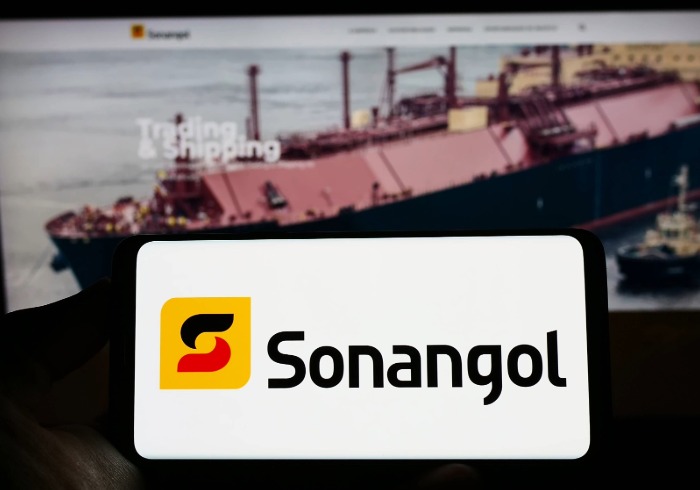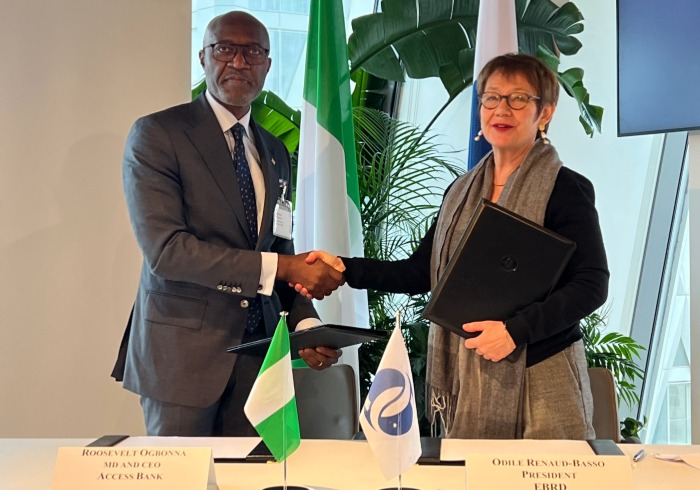The International Chamber of Commerce (ICC) UK has called for the creation of “digital trade superhighways” in a bid to bring the current “outdated” trade corridors into a fully digital global network.
The trade group unveiled a new framework to make international trade faster and cheaper at its ‘Action, Not Words’ event in London on October 21, which it said would unlock US$10tn in “efficiency and growth”.
The new framework identifies high-value trade corridors – such as the Maritime Silk Route and the Transatlantic Trade Route – as priorities for modernising paperwork-dependent trade finance processes, from bills of lading to promissory notes.
It builds on the success of the ICC UK’s landmark digital trade roadmap launched in December last year. That roadmap is now being updated in response to early progress in the sector and the UK government’s new trade strategy, the group’s secretary general, Chris Southworth, told GTR, speaking on the sidelines of the event in London.
“We’re delighted with the [UK roadmap progress],” he said. “It’s given some parameters and focus, and a lot of the recommendations we put forward in the roadmap are actually happening – like digital trade corridors and business identities. That’s now starting to happen, so we’re really happy.”
Southworth said the group’s focus now will be “on the major trade superhighways – the arteries of the global economy such as the transatlantic and Europe-Asia routes, where digitalisation will deliver the biggest gains”.
These high-value corridors are the ideal focal points as “you’ve got two governments… you’ve got trade agreements, digital economy agreements, you’ve got frameworks to operate in, and obviously big supply chains and economic incentives”, Southworth told GTR.
He noted that major ports across Asia, Europe and the US have “very sophisticated port, policy and regulatory infrastructure, but they are not interoperating with the data”.
The ICC now proposes connecting six major global trade and finance hubs – China, India, Singapore, the UAE, the Netherlands, the UK and the US – through “interoperable digital systems and common data standards”.
This approach, he said, would enable rapid digital trade expansion across regions, allowing smaller economies to connect over time.
“If we just focus on what is stopping us interoperate, the chances are we’ll make much further, faster progress. And it will set the precedent for every corridor that comes thereafter,” Southworth said.
He added the goal was “to start where the momentum is”, particularly around electronic bills of lading (eBLs).
“It’s about being strategic – if we just look at UK to UAE, there’s not that many banks [involved] – we can get that group together and say ‘can we just get trust going where all the banks and carriers accept eBLs?’ That’s not the case today.
“Then eventually we need to get into invoicing and all these more commercial activities,” he added.
For now, Southworth said the goal was “trying to get it down to a manageable set of documentary processes, get a manageable set of stakeholders around the table, and then just have a proper look from an interoperability point of view, because we’ve all got roadmaps and strategies, so can we align them and then just have a really focused plan?”
The group’s new framework outlines five key changes for the sector, including prioritising high-volume trade corridors for early digitalisation, connecting strategic logistics and finance hubs through open data standards and APIs, and deploying advanced technologies, including AI, blockchain and electronic trade documents, to automate and simplify crucial processes.
These priorities target stakeholders from the six global trade hubs, including CEOs and CFOs, boards and investors, companies’ finance, legal, procurement and supply chain management teams, customs, carriers and port operators, and policymakers and regulators.
The ICC UK’s new “digital trade superhighways” framework for action:
- Prioritise high-volume trade corridors for early digitalisation.
- Connect strategic logistics and finance hubs through open data standards and APIs.
- Adopt interoperable global frameworks such as the ICC’s UK Roadmap to Interoperability and Trust at Scale.
- Deploy advanced technologies including AI, blockchain, and electronic trade documents, to automate and simplify key processes.
- Promote inclusivity and sustainability, ensuring benefits reach SMEs and developing markets.
ICC UK-Barclays taskforce wraps up
Meanwhile, the trade digitalisation taskforce ICC UK launched with Barclays in July 2023 at the House of Lords, through which it regularly engaged with businesses and regulators, has now concluded, following Cabinet reshuffles and uncertainty over trade strategy
Southworth told GTR the taskforce had a “very specific role” to raise awareness of trade finance and its low-risk profile, particularly among regulators, and that it was always intended “to have a sunset clause”.
He said regulators were now considering some of the ICC’s recommendations – including around improvements to Companies House, digital identities and invoice registries to prevent fraud, and streamlining know your customer processes.
The Bank of England’s Prudential Regulation Authority is also “starting to look at the definition of trade finance”, Southworth said.
“That’s a good signal, that they’re listening. It’s a step forward,” he added. “That was really what we set out to do on the taskforce: not to solve everyone’s problems, but just pick particular areas, especially where banks are involved.”
Southworth argued that digitising trade “is about removing bureaucracy so that goods, data and finance can move more cheaply, quickly and simply across borders”.
He said companies trading digitally are cutting transaction times from two or three months to under an hour, reducing costs by up to 80% and improving workforce productivity by 60%.
“Those are extraordinary gains in an era when economies urgently need growth,” he added.
“By connecting the world’s key trade and finance hubs through shared digital infrastructure, we can dramatically improve speed, transparency and inclusion in global trade by creating an interoperable network that will uplift all economies.”







